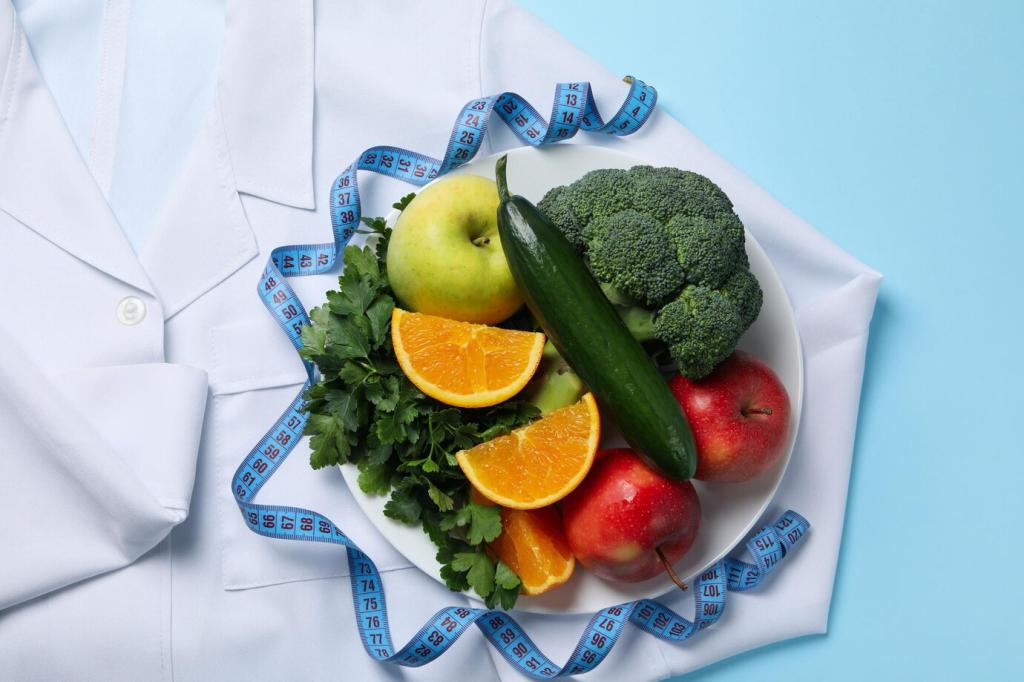Vitamins and Minerals to Enhance Sports Performance
Why Micronutrients Drive Performance
B1, B2, B3, B6, and B12 help convert carbs and fats into usable ATP, supporting both explosive and steady efforts. One sprinter told us riboflavin-rich yogurt and leafy greens eased that late-rep burn. What foods energize your sessions?
Calcium triggers contraction, while magnesium enables relaxation and steady nerve impulses, reducing twitchy fatigue. A cyclist minimized calf cramps by pairing magnesium-rich beans with dairy for calcium. Share your own cramp-fighting routine and help another athlete finish strong.
Iron builds hemoglobin, moving oxygen to working muscles efficiently. After correcting low ferritin, a marathoner noticed smoother pacing at tempo effort. Curious about your status? Ask your clinician about a ferritin test and tell us how your energy changes.
Pre-Workout Micronutrient Strategy
Timing B-Vitamins and Vitamin C for Light, Steady Energy
Water-soluble vitamins are best maintained daily, but a pre-workout snack with whole grains, fruit, and fortified options keeps levels steady. One rower swears by oatmeal, berries, and fortified milk ninety minutes before launches. What is your go-to ritual?
Electrolytes: Sodium, Potassium, and Fluid Balance
Sodium helps retain fluids, while potassium balances nerve signaling and muscle rhythm. A trail runner improved downhill stability by salting meals and adding banana to pre-run toast. Do you track sweat rate, or adjust by feel during warmer sessions?
Vitamin D Readiness for Power and Stability
Vitamin D status does not change in a single pre-workout, yet training power and stability benefit from adequate baseline levels. An indoor lifter tested low in winter, then strengthened jumps after improving status. Have you checked your seasonal levels?
Magnesium for Relaxation and Protein Synthesis
Magnesium supports muscle relaxation, sleep quality, and enzymatic steps in protein synthesis. A swimmer fell asleep faster after adding legumes, nuts, and dark chocolate to dinner. If evenings feel wired, try a magnesium-rich plate and report back on sleep.
Zinc and Tissue Repair After Hard Efforts
Zinc contributes to immune function and tissue repair, especially important during consecutive intense days. A soccer player rotated oysters, pumpkin seeds, and lean meats to stay resilient through playoffs. What zinc-rich foods fit your palate during heavy training?
Vitamin D, Calcium, and Bone Remodeling
Calcium forms the scaffolding of bone, while vitamin D optimizes absorption and remodeling. A novice runner reduced shin discomfort by pairing fortified yogurt with canned salmon. Share your calcium habits—morning smoothie, evening soup, or a midday fortified snack?

Immune Resilience to Protect Training Blocks
Vitamin C and E: Antioxidant Timing Matters
Vitamins C and E help quench excess oxidative stress, but heavy doses right after training may blunt adaptations. One coach shifted antioxidants to meals away from sessions, preserving gains. How do you time yours during heavy training weeks?


Endurance Racers: Iron, B12, Folate, and Copper
High mileage increases red cell turnover and footstrike hemolysis. Prioritize iron, B12, folate, and copper from lean meats, legumes, and fortified grains. A half-marathoner improved tempo durability after correcting B12. What has boosted your long-run steadiness?

Strength Athletes: Phosphorus, Magnesium, and ATP Power
Phosphorus supports ATP and phosphocreatine systems, while magnesium stabilizes ATP for contraction. A weightlifter noticed smoother bar speed after emphasizing dairy, seeds, and whole grains. Which lifts feel most responsive when your micronutrient base is truly dialed in?
Build plates with leafy greens, legumes, whole grains, colorful fruit, dairy or fortified alternatives, nuts, seeds, fish, and lean meats. A decathlete uses a rotating menu to prevent ruts. Share your unbeatable micronutrient-packed meal in the comments.
